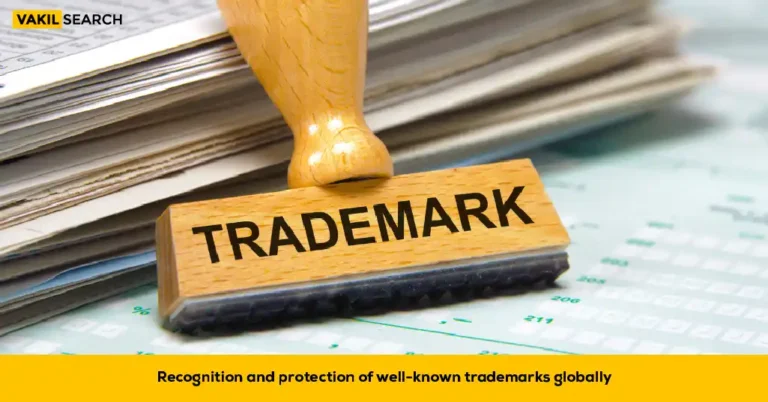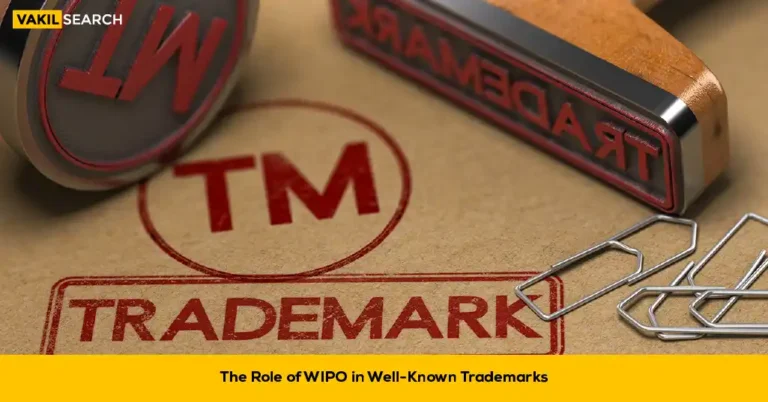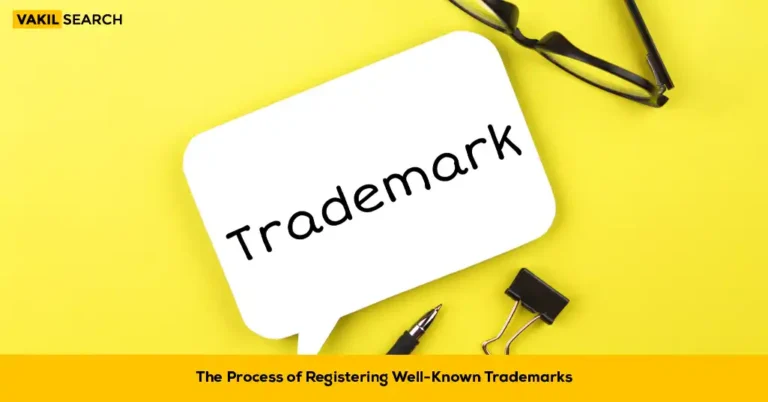Navigate the complexities of building a global brand with international trademark law. Learn about the challenges, strategies, and legal frameworks essential for securing and protecting your brand worldwide.
International Trademark Law -In today’s interconnected world, businesses strive to expand their reach beyond domestic borders and establish themselves as global brands. However, in the competitive landscape of international commerce, building a successful global brand requires more than just innovative products or services it demands a strategic approach to intellectual property protection, particularly in the realm of trademarks.
In this article, we’ll explore the pivotal role of International Trademark Law in building and safeguarding global brands.
The Importance of Trademarks in Brand Building
Trademarks serve as the cornerstone of brand identity, distinguishing goods and services in the marketplace and signaling quality, reliability, and authenticity to consumers. A strong trademark not only sets a brand apart from competitors but also fosters customer loyalty and trust, essential elements for building a global brand presence.
Challenges of International Expansion
Expanding into international markets presents a myriad of challenges for businesses, including cultural differences, regulatory complexities, and intellectual property concerns. Without adequate trademark protection, companies risk losing control over their brand identity and falling victim to infringement, counterfeiting, or brand dilution in foreign markets.
International Trademark Law Framework
To address these challenges, businesses rely on international trademark law frameworks, such as the Madrid System for the International Registration of Marks and the Paris Convention for the Protection of Industrial Property. These agreements provide mechanisms for securing trademark protection across multiple jurisdictions, streamlining the registration process, and facilitating enforcement efforts on a global scale.
The Madrid System: Simplifying Global Trademark Registration
The Madrid System, administered by the World Intellectual Property Organization (WIPO), offers a centralized and cost-effective approach to trademark registration in multiple countries. Through the Madrid Protocol, businesses can file a single international application for trademark protection in member countries, streamlining the administrative process and reducing the need for separate filings in each jurisdiction.
The Paris Convention: Harmonizing International Trademark Rights
The Paris Convention, established in 1883, lays down fundamental principles for the protection of industrial property, including trademarks, patents, and industrial designs. Key provisions of the convention include the principle of national treatment, ensuring equal protection for domestic and foreign trademark holders, and the right of priority, allowing applicants to claim priority based on an earlier filing in another member country.
Best Practices for Global Brand Protection
To effectively leverage international trademark law in building a global brand, businesses should adopt the following best practices:
- Comprehensive Trademark Search: Conduct thorough trademark searches to ensure availability and registrability of trademarks in target markets, minimizing the risk of conflicts or refusal of registration.
- Strategic Trademark Registration: Strategically file trademark applications in key markets using the Madrid System or national registration systems, taking into account cultural, linguistic, and regulatory considerations.
- Active Trademark Enforcement: Monitor and enforce trademark rights proactively to combat infringement, counterfeiting, and unauthorized use of trademarks, safeguarding brand reputation and consumer trust.
- Continuous Brand Monitoring: Maintain vigilance over brand usage and market developments to identify potential threats or opportunities for brand expansion or diversification.
The Takeaway
In an increasingly globalized marketplace, the role of international trademark law in building and protecting global brands cannot be overstated. By leveraging international trademark frameworks such as the Madrid System and the Paris Convention, businesses can navigate the complexities of international expansion more effectively, safeguarding their brand identity and reputation across borders.
With strategic trademark protection strategies and proactive enforcement efforts, businesses can establish themselves as trusted and recognizable brands on the global stage, driving success and growth in diverse markets around the world.
FAQs: International Trademark Law
Why is international trademark law important for building a global brand?
International trademark law provides protection for trademarks across multiple countries, allowing businesses to establish and maintain consistent brand identity, reputation, and recognition in global markets.
What challenges do businesses face when expanding their brands internationally?
Challenges include navigating diverse legal systems, languages, and cultures; conducting comprehensive trademark searches to ensure availability of brand names in multiple countries; and managing trademark portfolios to comply with local registration and enforcement requirements.
What are some strategies for protecting trademarks internationally?
Strategies include leveraging international trademark registration systems, such as the Madrid System and regional trademark systems, to seek protection in multiple countries through a single application; filing national trademark applications in key markets; and partnering with local counsel or agents to navigate foreign registration and enforcement processes.
What is the Madrid System for the International Registration of Marks, and how does it work?
The Madrid System is a centralized trademark registration system administered by the World Intellectual Property Organization (WIPO), allowing trademark owners to file a single international application designating multiple member countries for trademark protection. It streamlines the process of obtaining and managing international trademark registrations.
What are regional trademark systems, and how do they differ from the Madrid System?
Regional trademark systems, such as the European Union Intellectual Property Office (EUIPO) and the African Regional Intellectual Property Organization (ARIPO), provide centralized trademark registration and protection within specific geographical regions, offering cost-effective options for businesses expanding into those markets.
How do businesses enforce their trademark rights internationally?
Businesses enforce their trademark rights internationally through a combination of legal actions, including cease-and-desist letters, opposition and cancellation proceedings, customs enforcement measures, and litigation in local courts or through international arbitration.
What considerations should businesses keep in mind when selecting brand names for international use?
Considerations include choosing brand names that are distinctive, memorable, and culturally appropriate in target markets; conducting comprehensive trademark searches to assess availability and minimize the risk of infringement; and considering linguistic and translational issues that may affect brand perception.
How do cultural differences and local customs impact trademark registration and protection?
Cultural differences and local customs may influence trademark registration and protection by affecting perceptions of brand names, symbols, and imagery; necessitating adaptations of branding strategies to align with cultural sensitivities; and influencing consumer behavior and purchasing decisions in diverse markets.
What role does online brand protection play in international trademark enforcement?
Online brand protection is crucial for international trademark enforcement, as the internet enables global access to brands and products, making them vulnerable to online counterfeiting, cybersquatting, and infringement. Businesses employ strategies such as domain name monitoring, takedown requests, and online brand reputation management to safeguard their trademarks.
How can businesses leverage international trademark law to enhance brand recognition, trust, and loyalty worldwide?
Businesses can leverage international trademark law to establish consistent and recognizable brand identities, cultivate consumer trust and loyalty across diverse markets, and differentiate their products or services from competitors, ultimately contributing to the long-term success and sustainability of their global brands.










